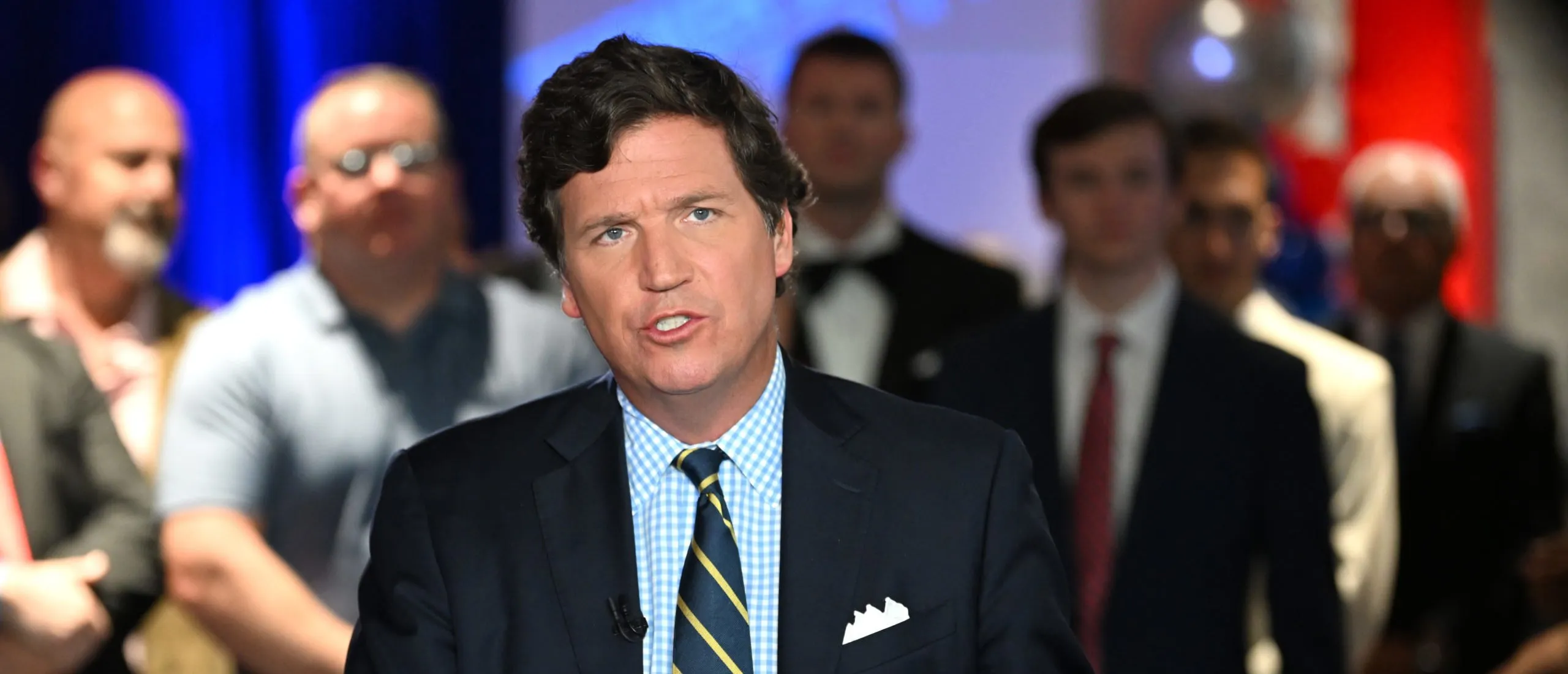Tucker Carlson’s Controversial Comeback: What You Need to Know!
Tucker Carlson, a polarizing figure in American media, is back in the spotlight after his departure from Fox News in April 2023. Known for his controversial views and commentary, Carlson’s return has sparked intense discussions about the future of conservative commentary and its impact on public discourse. This article explores the background of Carlson’s career, the controversies surrounding him, and what his comeback means for the media landscape.
Carlson began his journey at Fox News in 2009, where he quickly became a prominent host with a loyal viewer base. His show, however, has faced accusations of promoting racist and anti-immigrant sentiments, with critics labeling it as one of the most racist programs in cable news history. The backlash intensified as Carlson made inflammatory remarks about immigration and race, igniting debates across the political spectrum.
One notable incident that raised eyebrows involved a text message Carlson sent, which alarmed Fox executives. In it, he expressed concerns about how white men fight, a comment that highlighted the network’s worries about his rhetoric. This incident was just one of many that contributed to his controversial reputation and ultimately led to his exit from Fox amid a $1.6 billion lawsuit from Dominion Voting Systems over false claims about election fraud.
Despite the controversies, Carlson has maintained a strong viewer base, making him one of the highest-rated hosts on cable news. His ability to navigate these controversies while attracting attention reflects a broader shift in American conservatism. Carlson has shaped the narrative around key political issues, often challenging mainstream narratives and resonating with a segment of the American population seeking alternative viewpoints.
His commentary on significant events, such as the January 6 Capitol attack, has also drawn criticism. Carlson referred to the events as “mostly peaceful chaos,” a statement that was met with backlash from both sides of the political aisle. This incident exemplifies how his rhetoric often aligns with far-right ideologies, raising concerns among media watchdogs and civil rights organizations about the normalization of extremist views.
As Carlson returns to the media landscape, discussions about his influence on public discourse are more relevant than ever. His approach often involves inviting controversial guests, such as Kanye West, who discuss polarizing topics like race and identity politics. This strategy not only attracts viewers but also contributes to the ongoing debates surrounding media ethics and responsibility.
The implications of Carlson’s comeback extend beyond his individual influence. They reflect broader trends in media, politics, and public opinion in the United States. With his return, there is a potential for further polarization in American politics, as Carlson continues to attract attention for his provocative statements. This polarization is indicative of a changing media landscape, where sensationalist content is in high demand.
In conclusion, Tucker Carlson’s controversial comeback raises important questions about the future of conservative commentary and its impact on public discourse. As he re-enters the media landscape, the ongoing debates surrounding his comments and the implications for media ethics will likely continue to be focal points in discussions about his influence. Whether one views him as a voice for the voiceless or a promoter of dangerous ideologies, Carlson’s presence in the media is undeniable and will continue to shape the narrative around key political issues in America.
As viewers navigate this complex media environment, it is essential to remain critical of the information presented and consider the broader implications of Carlson’s commentary on society.






Leave a Comment